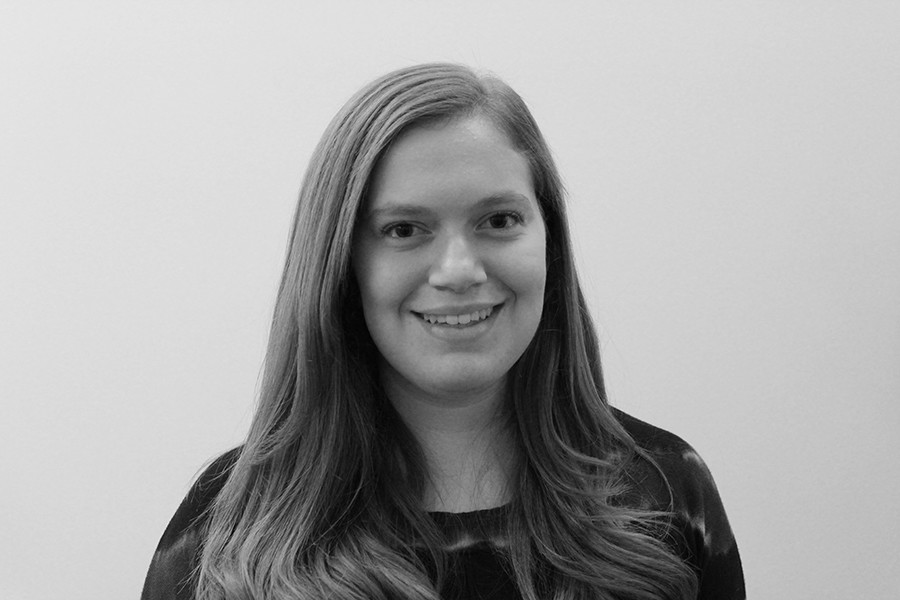French law must attack root of problem
April 8, 2015
France passed a controversial law last Friday prohibiting modeling agents and fashion houses from hiring models with a body mass index under 18. Under this new law, models are required to have a medical certificate ensuring that they have what the government deems a healthy BMI. Any person or company that continues to hire models under the legal minimum could be fined up to 75,000 euros and face six months in prison. In addition, the law requires any retouched photo used for commercial purposes to carry a message stating that the model’s body has been altered. The measure also makes it illegal for any website to encourage users to “seek excessive thinness.” While it cannot be denied that models and edited photos promote a harmful, unrealistic standard of beauty, France’s new law fails to get to root of the issue, opting instead for a simpler, potentially unfair fix. It will hopefully make some progress in improving unreasonable beauty standards, but in a different sense it serves as another way for bodies to
be policed.
Putting restrictions on fashion models sounds fine in theory, but ultimately it will fail to make a dent in the widespread, toxic culture which emphasizes thinness as a goal to achieve above all else. In fact, the ban could result in some models being unfairly targeted — it is possible to be below the normal BMI range while leading a healthy lifestyle, as well as it being possible to be within the range while maintaining a disordered lifestyle. Isabelle Saint-Felix, the head of France’s National Union of Modelling Agencies, pointed out the law’s potential ineffectiveness, saying, “It’s a little simplistic to think that there won’t be any more anorexics if we get rid of very
thin models.”
It is estimated that in France 30,000-40,000 people suffer from anorexia, and in the United States, a staggering 30 million people will suffer from a clinically significant eating disorder at some point in their lives. Many factors are to blame for these high rates, chief among them cultural pressures that exalt the the notion of a perfect body. Along with constantly being
bombarded with damaging images from the mainstream media, recent years have given rise to pro-ana websites, which glorify eating disorders as an acceptable lifestyle. Unfortunately, it is virtually impossible for impressionable young people to be sheltered from every dangerous pressure. Placing new rules on fashion models will only go some of the way toward preventing vulnerable people from falling prey to eating disorders, since there is still so many negative messages ingrained in society outside the realm of fashion that promotes them.
The warning label on retouched images is a far more sensible and effective plan, but outlawing certain models does little to correct the unattainable beauty standards that have permeated the mainstream. If change is to truly happen, a cultural overhaul is necessary, not more limits on bodies.
Opinions expressed on the editorial pages are not necessarily those of WSN, and our publication of opinions is not an endorsement of them.
A version of this article appeared in the April 8 print edition. Email Annie Cohen on [email protected].



























































































































































